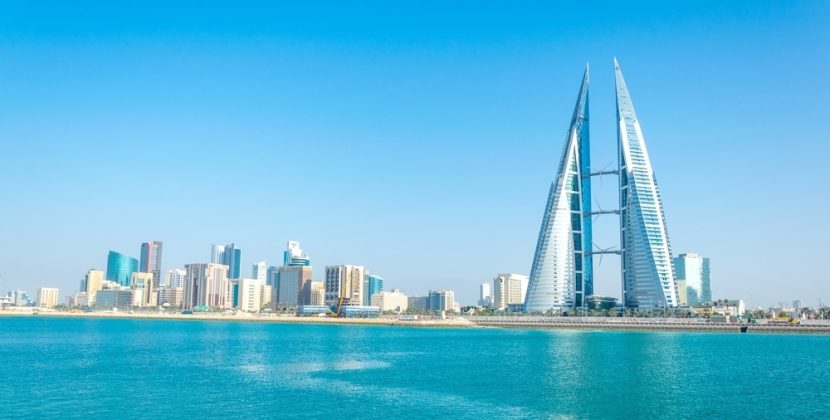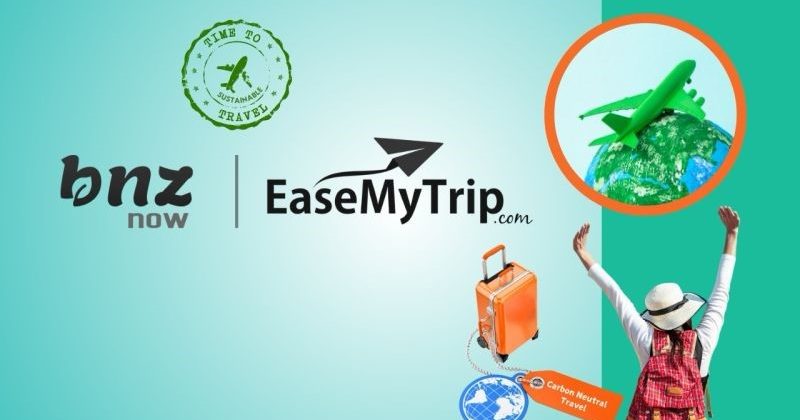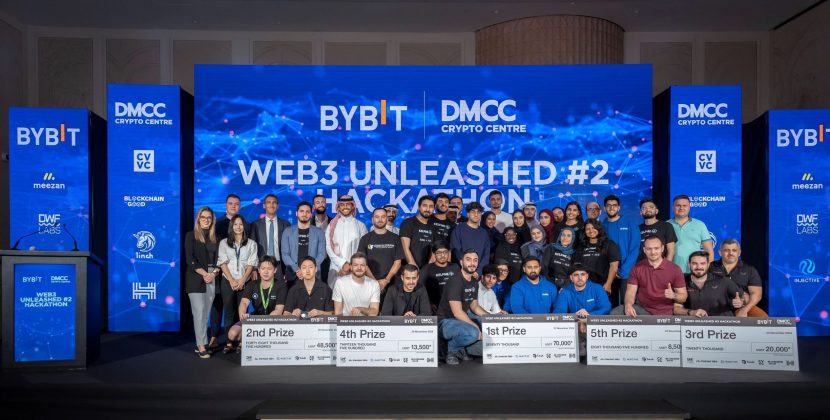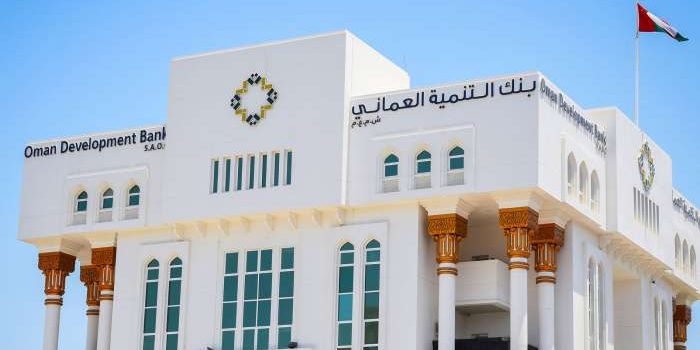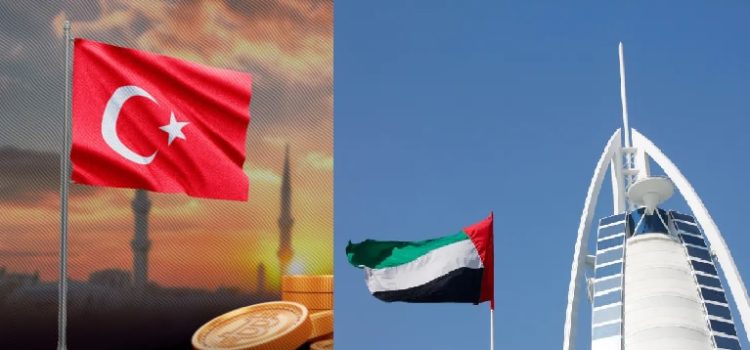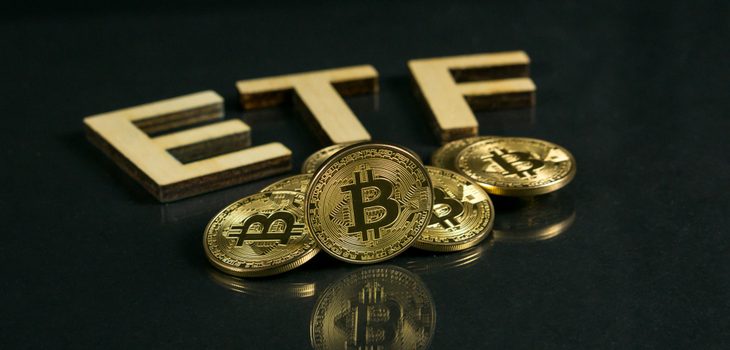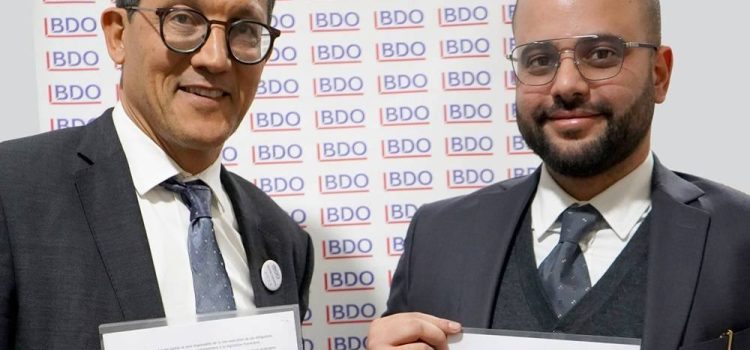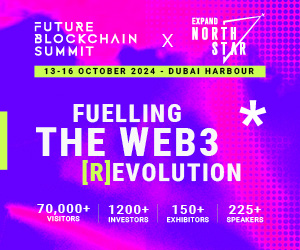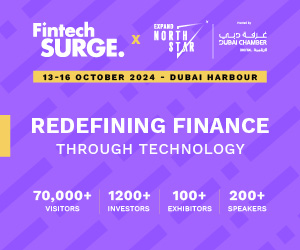The globe is reacting to the U.S. SEC’s green light to launch the first US listed exchange traded funds, Bitcoin ETFs for 11 companies and has had a ripple effect in the MENA region. The SEC approved the Bitcoin ETF on January 10th, with skepticism towards crypto still present in Gensler’s statement.
The full list of companies that got SEC approval to launch Bitcoin ETFs are: Ark Invest together with 21 Shares; Bitwise, BlackRock, Fidelity, Franklin Templeton, Grayscale, Hashdex, Invesco, WisdomTree, Valkyrie and VanEck. Some of their ETFs will be trading on January 11th 2024.
The Bitcoin ETFs will track Bitcoin, opening the door to cryptocurrencies to many new investors who don’t want to take the extra steps involved in buying actual Bitcoin.
So what is an ETF? An ETF is an easy way to invest in assets or a group of assets without having to directly buy the assets themselves. It is similar for example to the SPDR Gold Shares ETF allows anyone to invest in gold without having to find a place to store a bar or protect it. In addition, ETFs can also be easily traded on stock exchanges.
The decision to approve the ETFs is a win for huge fund managers like BlackRock, Fidelity Investments and Invesco who will manage the funds given they have pushed hard to get the SEC to approve them.
Yet Gary Gensler, SEC’s chairman stated, “Investors should remain cautious about the myriad risks associated with Bitcoin and products whose value is tied to crypto.” While other commissioners expressed alarm that the SEC agreed to approve the funds.
Regardless of the negative statements, Standard Chartered analysts said the ETFs could draw $50bn to $100bn this year alone, potentially driving the price of Bitcoin as high as $100,000. Others have said inflows will be closer to $55bn over five years.
All this has brought forth speculations that fund managers will create ETFs around Ethereum soon.
While most agree that the success of Bitcoin ETFs will depend on fees and liquidity. This is why some issuers have proposed fees between 0.2% to 1.5% such as BlackRock and Ark/21shares while other firms have waived fees entirely for a certain period of time.
UAE experts, regulators, investors, and crypto exchanges weighed in their views on the U.S. Bitcoin ETF, and here is what they had to say:
Bitcoin ETF a significant milestone for the industry that could spur investment
Dubai’s virtual asset regulatory authority represented by its CEO Mathew White told LaraontheBlock, “Without a doubt, this ETF approval is a significant milestone for the industry. We need to wait and see what the capital inflows look like to see the real impact, but in theory we could see increased liquidity and reduced volatility of Bitcoin over time, which is good for the industry as a whole in the long term. Stability and transparency pave the way for more innovation and I expect this move to eventually spark further investment into this sector.”
Bitcoin ETF: will unlock wider adoption of crypto in UAE
Saqr Ereiqat, Co-Founder and Managing Partner at Crypto Oasis Sentio commented, “The recent regulatory green light for Bitcoin ETFs marks a pivotal moment for the global financial landscape, and its ripples are likely to be felt particularly strongly in the United Arab Emirates. This landmark decision unlocks doors for wider adoption of cryptocurrency within the UAE, a region already well-positioned to become a global crypto powerhouse.”
Bitcoin ETF: legitimacy and recognition from traditional financial institutions
Stefan Kimmel CEO M2 a UAE regulated crypto exchange, explained that while other countries had already approved Bitcoin ETFs previously, the recent approval in the US marks a “monumental shift for the entire cryptocurrency ecosystem. It feels like a turning point and an emotional victory in the ongoing narrative surrounding Bitcoin. This development not only provides investors with a more accessible avenue to enter the Bitcoin market but also adds a layer of legitimacy and recognition from traditional financial institutions.”
He adds, “The ETF approval will attract a broader range of investors, including institutional players who may have been on the sidelines due to regulatory uncertainty. This merging has the potential to redefine investment strategies, allowing investors to diversify portfolios seamlessly across traditional assets and digital assets.”
In terms of the UAE He believes, “The UAE has strategically positioned itself as a global hub for digital assets. With the ETF approval, the UAE is now perfectly poised to take advantage of a new wave of digital asset investment driven by institutional investors searching for regulatory clarity and a favorable market environment. The approval signals a growing acceptance of digital assets within the mainstream financial system, potentially paving the way for similar advancements in the broader cryptocurrency space.”
Bitcoin ETF: Bitcoin can now take on the mantle of Digital Gold
Matt Dixon Founder and CEO Evai Crypto ratings, which uses AI and Machine learning technology to help crypto traders build wealth, believes that this green light is an important milestone where the phase is now ripe for the entrance of institutional adoption after early retail adoption allowed BTC to grow from $0 to $69,000.
He states, “ETF approval should translate to an increased demand, whilst Bitcoin Halving in April reduces the supply. Now if we consider the Stock to Flow Ratio, which incidentally has been a great predictor of Bitcoin pricing, then indications are that Bitcoin could at last take on its mantle of Digital Gold. As of April it will achieve higher Stock to Flow ratio than the precious metal itself. This could create a real squeeze on price with the possibility of Bitcoin achieving price projections of up to $1 million according to some industry analysts.”
He adds, “With the potential of further QE Fiat money printing by the FED if the US economy enters recession this year as some predict, then the limited supply of Bitcoin could cause it to shine even brighter.”
Bitcoin ETF: Investing in Bitcoin directly is better than investing in its derivative
Talal Tabaa Co-Founder and CEO of CoinMENA, a regulated crypto broker out of UAE and Bahrain, believes that Bitcoin ETF’s will add a lot more credibility to Bitcoin, and the UAE will soon follow suit. He also espouses that the best way to buy and invest in Bitcoin is directly.
He states on LinkedIn, “ There are three reasons why investing in Bitcoin directly is better than investing in a bitcoin derivative, First is Zero Management Fees: While ETF firms compete to lower their management fees, there are no fees for holding actual Bitcoin, leading to higher returns over time. Secodly is 24/7 Trading: ETFs only trade between 9:30 am and 4:30 pm on weekdays (if it’s not a holiday). Bitcoin trades 24/7, every day, and finally not your keys, not your coins: Owning Bitcoin in self-custody means having complete control over the asset with no counterparty risk. This will become increasingly important over the years.”
Bitcoin ETF: Bitcoin resilience paving the way to an Ether ETF
Ben Zhou, co-founder and CEO of Bybit, the world’s third largest crypto exchange by volume, believes the approval of the Bitcoin ETF is a testament to the resilience of Bitcoin, an asset that continues to outperform despite facing an array of challenges.
In a commentary he states, “I believe that the real significance of the Bitcoin ETF extends far beyond today’s market dynamics. It heralds a new epoch of institutional and wider crypto adoption, paving the way for an Ether ETF and mixed products like a Bitcoin and Gold ETF. It’s a clear indicator that crypto’s inherent value as a global transaction system with near instant finality and total transparency is being realized. nd now, with everything in place, we anticipate greater institutional exposure to crypto. The investment landscape is evolving, and digital assets are becoming a mainstay in the portfolios of investors worldwide.
Conclusion
Regardless of the positive reactions and some negative ones too, the United States approval of a Bitcoin ETF is a win for the crypto community of enthusiasts. It means crypto is here to stay whether you like it or not. It means acceptance has started amidst regulation.
The UAE will make the best of it given it has already prepared the ground work.
For the skeptics it means the financial freedom once espoused by the early adopters of crypto could be eroded in the future. The big guys are taking over, the BlackRocks of the world are now playing the game.
Yes Bitcoin will soar, but will it continue to democratize the financial system, that is another story altogether.
